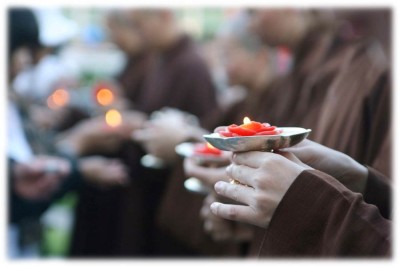[:en]
Words of Wisdom
 Liang Huang Jeweled Repentance Ceremony
Liang Huang Jeweled Repentance Ceremony
201 7 New Year Blessing Ceremony
7 New Year Blessing Ceremony
 Sign up for January Classes
Sign up for January Classes
 One Stick of Incense
One Stick of Incense
 Lamp Offering
Lamp Offering

Food Drive
 Meritorious Volunteering
Meritorious Volunteering
[:]

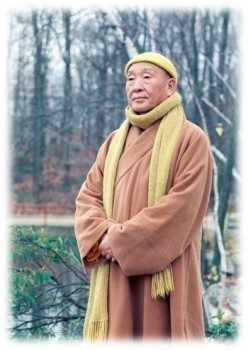
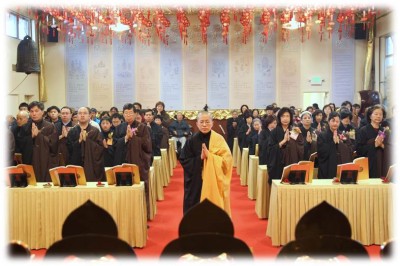
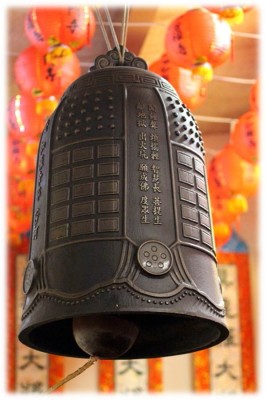 7 New Year Blessing Ceremony
7 New Year Blessing Ceremony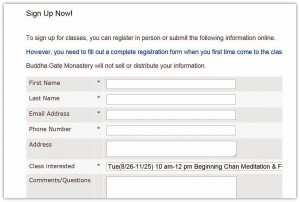 Sign up for January Classes
Sign up for January Classes One Stick of Incense
One Stick of Incense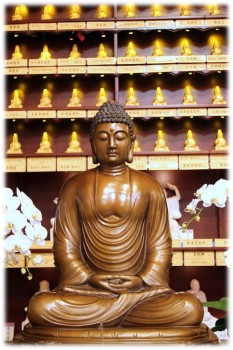 Lamp Offering
Lamp Offering Meritorious Volunteering
Meritorious Volunteering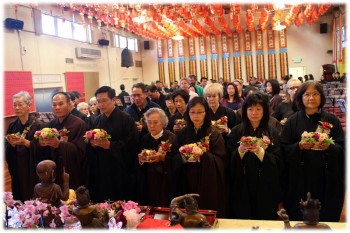
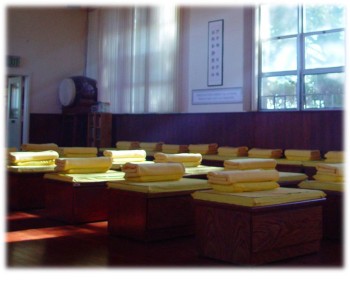 Two-Day Chan Meditation Retreat
Two-Day Chan Meditation Retreat
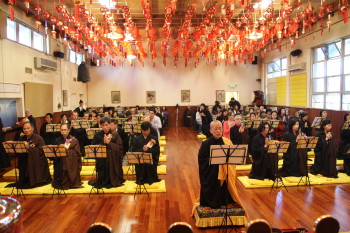
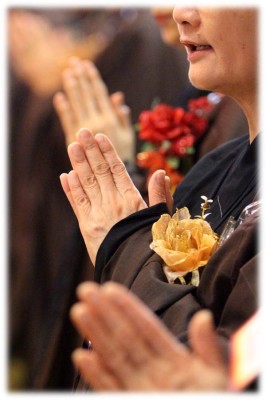 88 Buddhas Repentance Ceremony
88 Buddhas Repentance Ceremony eritorious Volunteering
eritorious Volunteering
